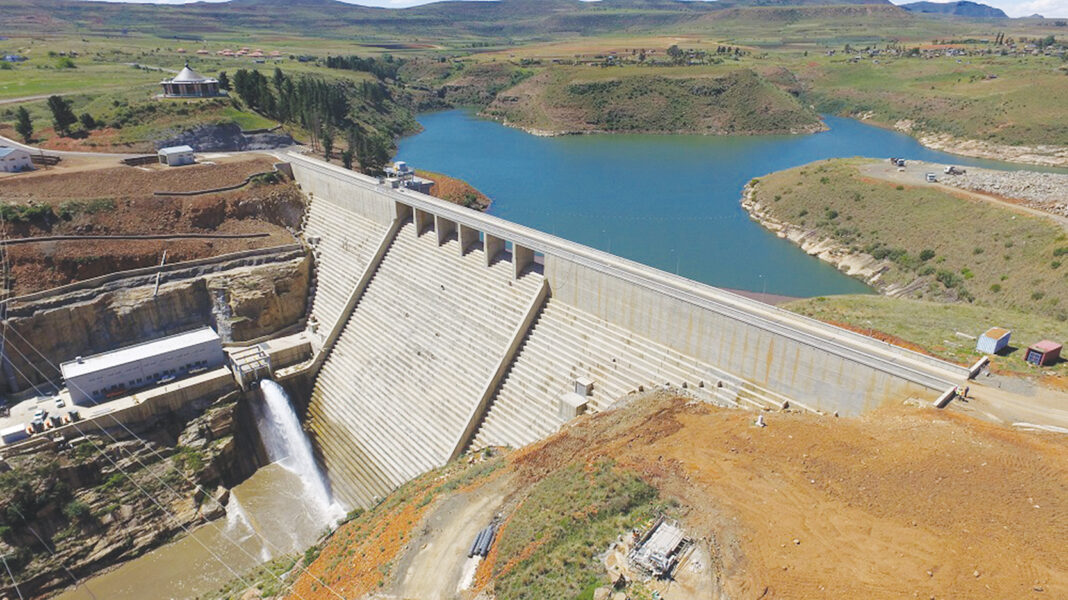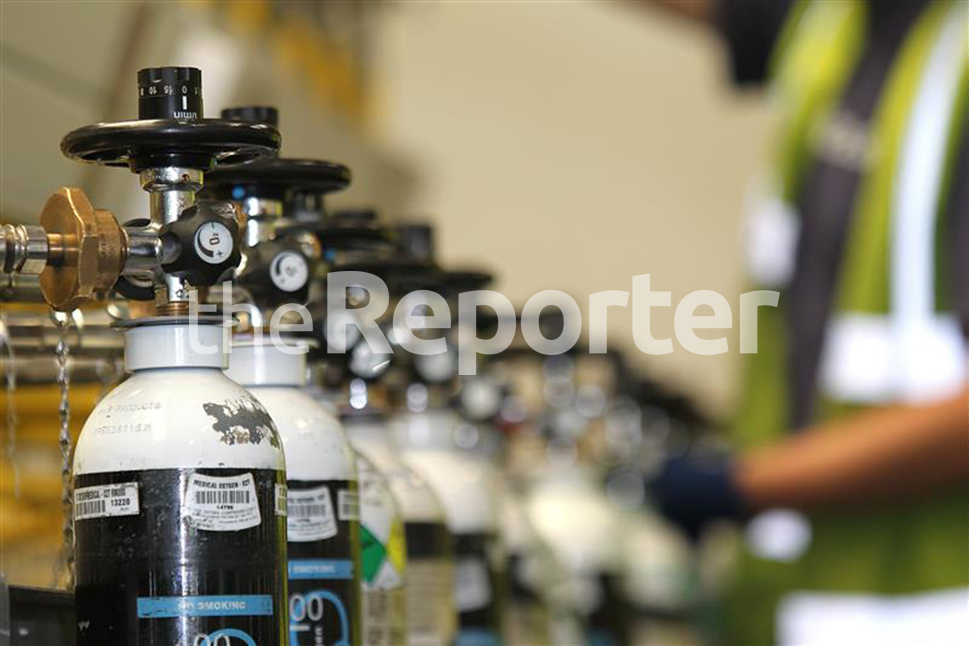By ‘Majirata Latela
There are more benefits that Lesotho can reap from the Orange Rive Senqu Commission (ORASECOM) but due to the slow pace of development in the country and the economy, it is still not fully tapping on all the benefits that are found in Senqu River.
ORASECOM is an agreement between the governments of the Republic of Botswana, the Kingdom of Lesotho, the Republic of Namibia and the Republic of South Africa on the establishment of the water commission.
The commission promotes the equitable and sustainable development of the resources of the Orange-Senqu River. ORASECOM provides a forum for consultation and coordination between the riparian states to promote integrated water resources management and development within the basin.
The total Orange-Senqu River basin extends over four countries of Botswana, Lesotho, Namibia, and South Africa.
A ORASECOM publication of 2007 shows that the basin covers an area of 1 000 000 km² while 64.2% (642 000 km²) of the basin falls within South Africa, 24.5% (245 000 km²) in Namibia, 7.9% (79 000 km²) in Botswana and 3.4% (34 000 km²) in Lesotho.
In an exclusive interview with theReporter this week, water commissioner Mokake Mojakisane, clearly observed that Lesotho is making a slow progress in utilising the benefits of the Senqu River, which originates in Lesotho.
He said ORASECOM is the first commission to be established following the regional ratification of the SADC protocol on shared water course systems. It was formalised by the four governments through the signing of the agreement for the establishment of the ORASECOM on November 3 2000 in Windhoek, Namibia.
According to Article 7.2 under obligations of the parties, the parties in their respective territories, are to utilise the resources of the River System in an equitable and reasonable manner with a view to attaining optimal and sustainable utilisation and benefits therefrom, consistent with adequate protection of the river system.
It stipulates that the parties in utilising the resources of the river system in their territories shall take all appropriate measures to prevent the causing of significant harm to any other party.
“In the river basin there is the use of water by all these countries but the formation of ORASECOM helps all the countries to easily get finance by institutions as they are transboundary water projects.
“There are still projects that a country can do on its own and get funding but transboundary water projects are easily financed. We still have projects which get funding alone such as the Metolong Water Project,” Mojakisane explained.
“However, we still have those small projects such as, ground water management, water quality management and those which we have planned, like Lesotho to Botswana water transfer which is a case project for us to show that we do work together as countries in the Orange River basin,” he remarked.
He also said there is another project that South Africa has planned with Namibia where the two countries plan to build a dam that will supply the republics with water.
He added that South Africa with its blooming economy was able to harness the water from the river to construct dams such as the Vaal Dam and the Xhariep Dam. With the water from the dams, South Africa is using that water for its industrial purposes and irrigation.
“As for Lesotho we are still making baby steps in fully utilising our benefits. We have started with Metolong Dam and we have just currently launched the construction of the dam that will supply both Hlotse and Maputsoe towns with clean water. After that we will initiate the Makhaleng Dam construction which will supply water to beneficiaries in Mafeteng and Mohale’s Hoek.
Mojakisane elaborated: “The Lesotho-Botswana Water Transfer Scheme will supply water to Botswana, Lesotho and South Africa from the Makhaleng Dam which is part of the Lesotho Lowlands Water Supply Scheme through a 700 km water conveyance pipeline from Lesotho, through South Africa, to Botswana.”
He further mentioned that Lesotho, unlike South Africa, is still behind with irrigation system plans from the dams already built.
To implement this, the ministry of agriculture and water commission are still working on the master plan on how irrigation can be done.
The countries have agreed that when a party to it seeks to construct a dam in the river, the ministries of water affairs perform responsibility of measuring the levels and the flow of the rivers in each particular state. The countries are obliged to ensure that rivers still flow through each state party.
“Building a dam doesn’t mean we capture all the water in the river and stop the river from flowing. We make a dam to keep water during very rainy seasons so that when drought hits we still have water for us to use. Dams are also important for us to regulate the flow of the river so to benefit from the resource
“We make sure that people downstream of the river should not feel that there are dams build in the upstream countries because we allow environmental flows of the water. However, there are still water politics just like in any other institution where people work together,” he claimed.
“During drought, Namibia complained that there was reduced water flow in the Orange River and we showed them that despite the dams that we have we still allow enough water to flow and their complaint only meant that South Africa was the one which was not allowing enough water to stream down the river, resulting in Namibia incurring the pains,” Mojakisane further stated.
With the implementation of the Lesotho Highlands Water Project, it means that the resource’s flow to the member parties was reduced as the kingdom built dams to supply it to its neighbour.
According to Mojakisane the international best practice of the ORASECOM agreement is that South Africa make sure that there is enough water flowing down stream as they even contribute enough more water into the Orange River.
He warned that fishermen who wish to harvest fish should consult with the ministry of agriculture. They are to be groomed on the types of fish they could rear, noting that the quality of the water resource should be guarded.
In order to allow the country to gain benefits from Senqu River, the private sector should be enrolled in activities such as fishing and irrigation schemes, Mojakisane advised.









